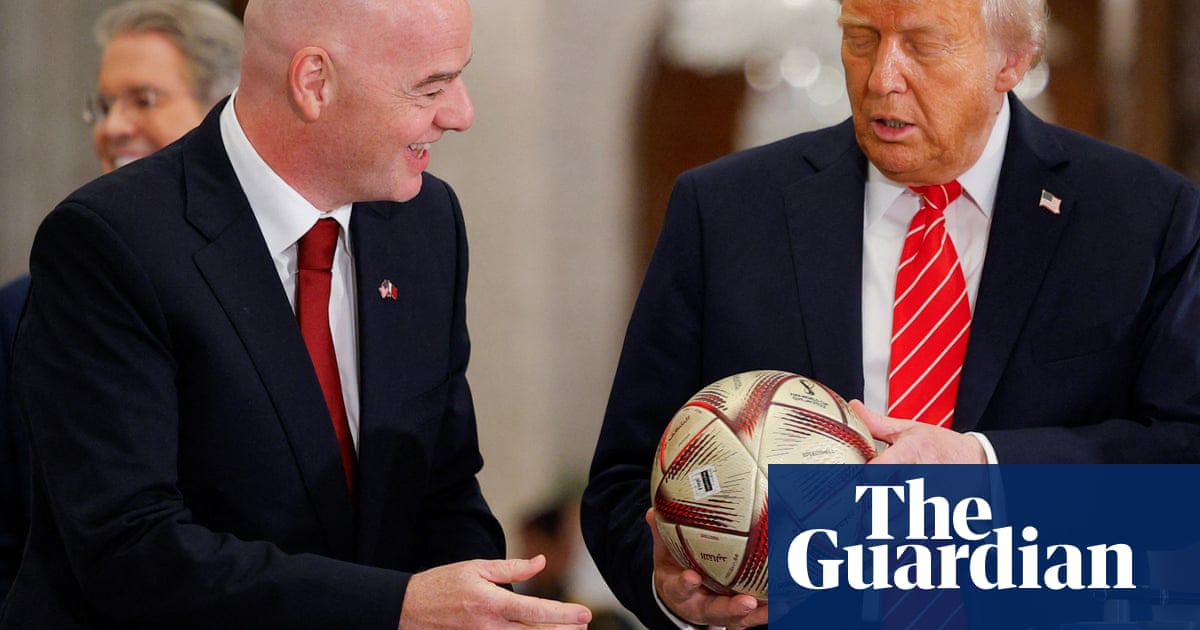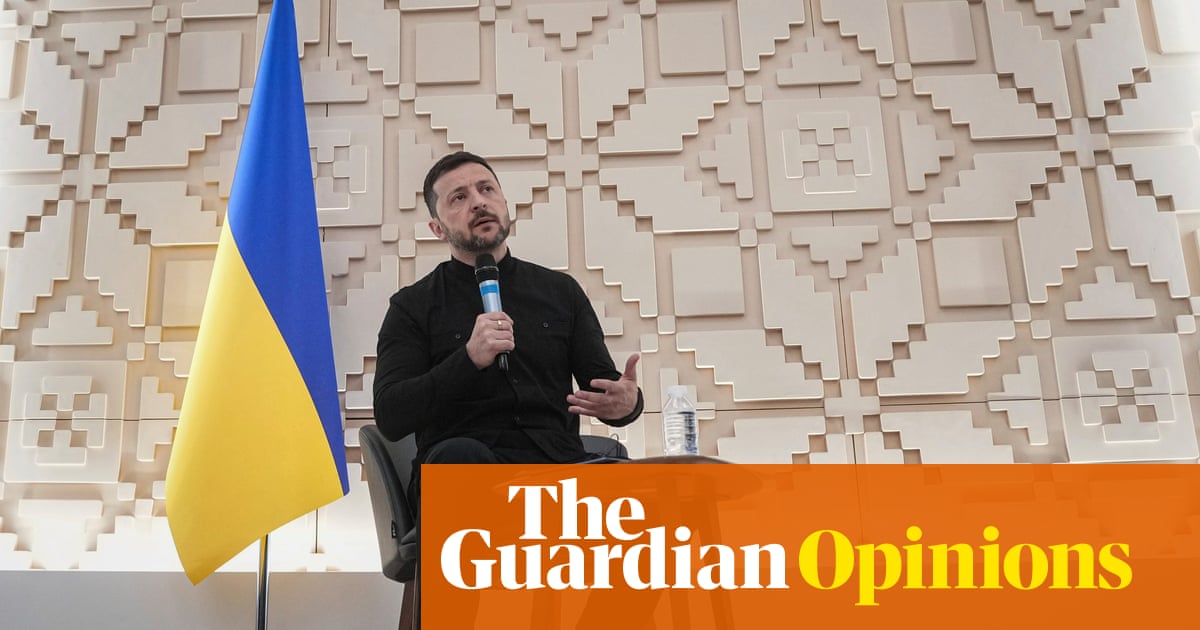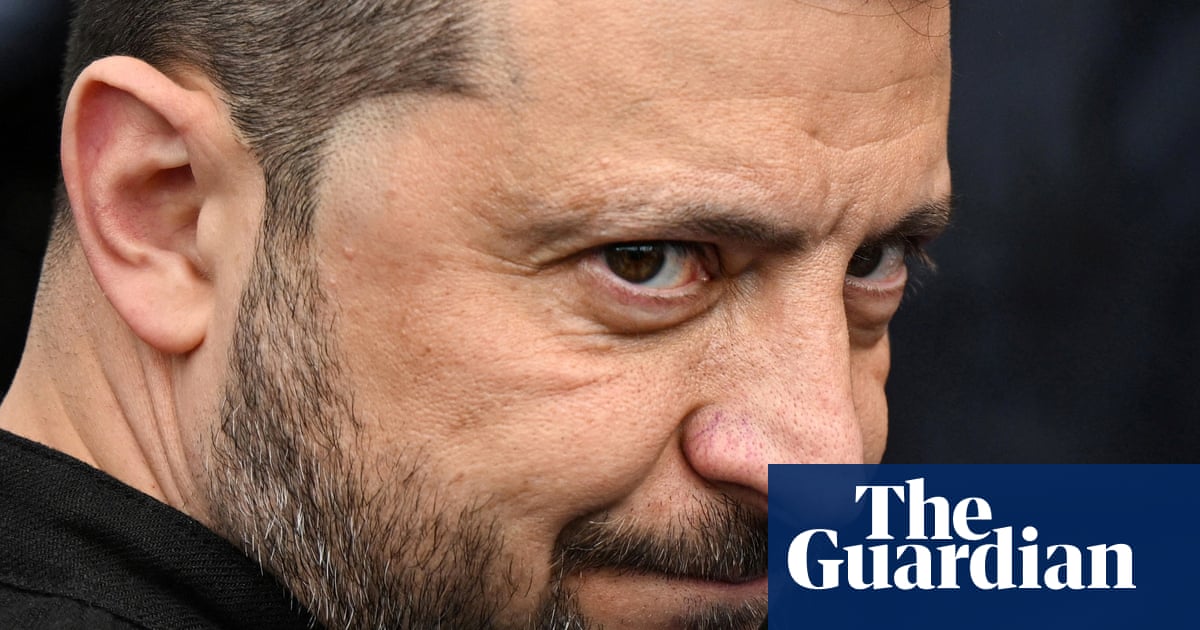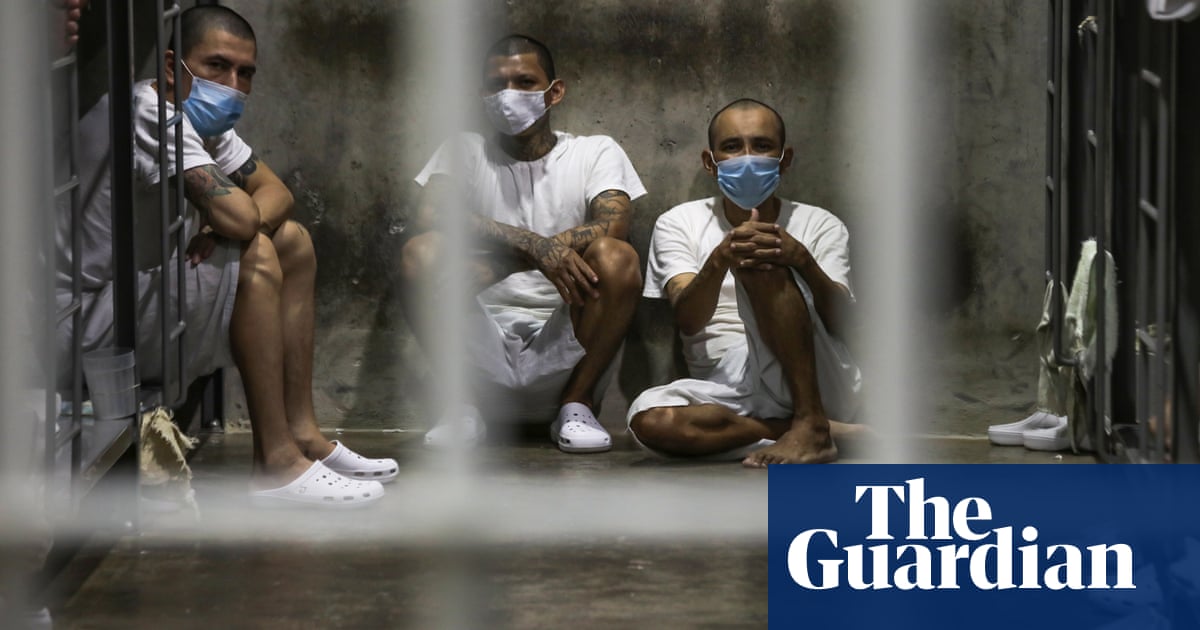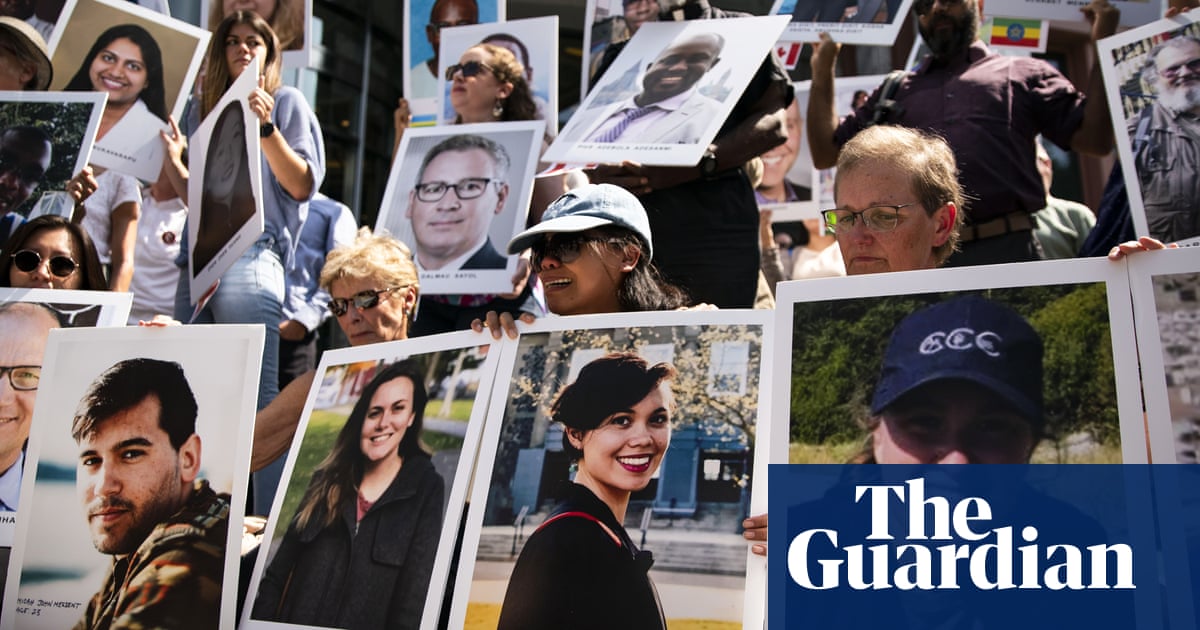It’s come to something when the Palestinians’ best hope for relief rests on a man who dreams of emptying Gaza of its people and turning the place into a beach resort. And yet the clearest, and perhaps only, way out of the current agony lies with Donald Trump – and his growing impatience with an ever-more isolated Israel.
If this were any of Trump’s predecessors, you would be hailing the past week as confirmation of a radical, even epochal shift in US foreign policy. But because it’s Trump, you can’t be sure it’s not a passing whim that will be undone in another equally drastic shift a matter of weeks, or even hours, from now.
Still, taken at face value, Trump’s tour of the past several days signifies a sharply different approach to the Middle East and especially to the country that, for decades, Washington saw as its chief ally in the region. The most basic fact is also the most telling: the US president did not even visit Israel.
That could have been explained away but for what Trump said and did on his travels. In Saudi Arabia, he did not merely greet Crown Prince Mohammed bin Salman warmly, he gushed with adoration. “I like you too much,” he said to Prince Mohammed, asking the de-facto ruler once snubbed by Washington for his reliance on the bone saw if he ever found time to sleep, given how energetically he had transformed his kingdom.
The two men agreed a deal that will see Saudi Arabia acquire $142bn of US arms. Until this week, a cornerstone of the US-Israel relationship was a US guarantee that Israel would always enjoy military superiority over its neighbours. That looks much less certain now. Indeed, Trump declared that the US has “no stronger partner” than Saudi Arabia, a status that used to belong to Israel alone.
What’s more, Trump showed Riyadh all this love with none of the previous strings attached. None of it was conditional on Saudi “normalisation” of relations with Israel. Trump said Prince Mohammed could do that when he was good and ready, free of US pressure.
And this was the pattern throughout. Strikingly, in a shift that would have garnered huge attention had it been any other president but which, because it was Trump, was just one more turn of the news cycle, Trump welcomed Syria in from the cold. He lifted US sanctions and praised the country’s new leader as “attractive” and a “fighter”. Given that until December Ahmed al-Sharaa was on a US list of wanted terrorists over his links to al-Qaida, and had a $10m bounty on his head, this is quite the turnaround. Confirming that one of Trump’s great weaknesses as a negotiator is his tendency to give something for nothing, Trump handed all this to Sharaa without even raising the security assurances sought by Israel.
Trump is now in the business of cutting the deals he wants, regardless of the needs of the US’s one-time key ally. He agreed a separate pact with the Houthis in Yemen, which prevents them attacking US shipping but leaves them free to keep raining rockets on Israel. He said he is “very close” to a nuclear deal with Iran, waving aside the decades-long conviction of the Israeli prime minister, Benjamin Netanyahu, that Tehran’s nuclear ambitions will only be halted by force. Trump made nice with Recep Tayyip Erdoğan of Turkey, unfazed by the latter’s hostility to Israel and close ties to Hamas. He even dealt with Hamas all but directly, securing the group’s release of Edan Alexander, a dual US-Israeli citizen, a move that Netanyahu only heard about once it was done.
As loudly and clearly as he can, Trump is telling Netanyahu that he is no longer No 1 and that he will not get in the way of whatever Trump decides best serves US, and his own, interests. Part of this is born of frustration with Netanyahu for failing to play his part in getting the Middle East to the stability, and therefore prosperity, that Trump thinks is possible and potentially profitable for the US. Put simply, what Trump wants from Netanyahu is to get the war on Hamas wrapped up and off the world’s TV screens – and the Israeli PM is not delivering.
You could hear that frustration in the remarks of Trump’s personal envoy, Steve Witkoff, to hostage families in Israel this week: “We want to bring the hostages home, but Israel is not willing to end the war. Israel is prolonging it.”
In fact, polls show huge majorities of the Israeli public keen, if not desperate, to see an immediate end to the war. But Netanyahu is defying his citizens for wholly selfish reasons. On trial for corruption, he can only be sure to stay out of prison if he remains in the PM’s chair. To do that, he has to keep his ruling coalition in place, including the two ultra-nationalist extremists, Itamar Ben-Gvir and Bezalel Smotrich. Those men want the war to go on and on, dreaming of a Gaza cleared for the return of Jewish settlements. Thinking only of his own survival, Netanyahu bows to their demands and keeps the fires of war burning – no matter the human cost.
Which is how you end up with the atrocity of an Israeli government using starvation as a weapon of war, blocking the entry of all aid into Gaza since 2 March. This is not an accusation against the government; it is a boast made by them. The defence minister, Israel Katz, spelled it out last month: “Israel’s policy is clear: no humanitarian aid will enter Gaza.” He described the blocking of aid as “one of the main pressure levers” on Hamas.
Israeli officials defend airstrikes such as those that killed scores this week by saying they’re aimed at Hamas military sites or commanders, including the group’s leader in Gaza, Mohammed Sinwar. But they can make no such claim for the use of mass hunger, which is indiscriminate by its very nature. It is legally a war crime and morally unconscionable. And yet it is the stated policy of this despicable Israeli government.
Too little attention is paid to the convergence of circumstances that created this catastrophe: the fact that the heinous Hamas atrocities of 7 October 2023 occurred on the watch of an Israeli government shaped by Kahanists and a prime minister ready to cross every red line to stay out of jail and save his own skin. That combination has brought us to this terrible moment, when the suffering and killing seem as if they will never end.
There may be only one man who can call a halt. Trump could continue what he started this week, making deals across the Middle East that cut out Israel, but that also do nothing for Palestinians. Or, following his admission as he left the region on Friday that people in Gaza are “starving”, and his promise that “we’re going to get that taken care of”, he could use the muscle he has and force Netanyahu to accept the bargain that has been on the table for months: the release of all remaining hostages and an end to the war. Of course, what dozens of stricken Israeli families and millions of shattered, starving Palestinians need are new leaders, willing and capable of shaping for themselves a better destiny for both peoples, ideally together. Until that day, their lives are in the hands of Donald Trump.
-
Jonathan Freedland is a Guardian columnist
Do you have an opinion on the issues raised in this article? If you would like to submit a response of up to 300 words by email to be considered for publication in our letters section, please click here.

 5 hours ago
5
5 hours ago
5




